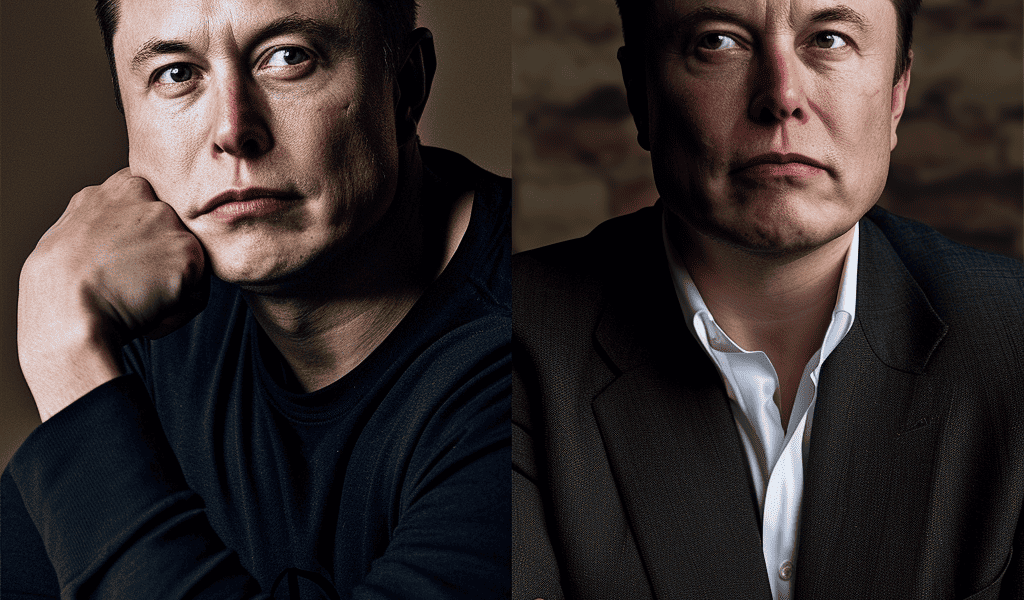Mark Cuban and Elon Musk, two prominent figures in the business world, recently engaged in a heated debate over the value of diversity, equity, and inclusion (DEI) programs within US companies. The clash ensued after the resignation of Harvard’s first Black president, Claudine Gay, which sparked controversy and speculation regarding the role of diversity initiatives.
Elon Musk, known for his leadership at Tesla, SpaceX, and X (formerly Twitter), ignited the debate by labeling DEI as ‘just another word for racism’ in a social media post. His remarks drew criticism from Mark Cuban, the renowned entrepreneur and investor, who emphasized the positive impact of DEI initiatives on businesses.
In a series of posts, Cuban argued that such programs are beneficial for companies, enabling them to attract top talent, maximize employee performance, and reduce unnecessary stress, ultimately enhancing productivity. He underscored the importance of inclusivity in hiring practices, highlighting the value of considering individuals from diverse backgrounds.
The debate was further fueled by an essay from Bill Ackman, a prominent hedge fund tycoon and Harvard donor, who echoed Musk’s sentiments by characterizing DEI efforts as ‘racist’ and expressing concerns about ‘reverse racism’ and discrimination against white individuals. Musk’s strong stance against the term DEI and his exchange with users on social media added fuel to the ongoing discourse.
The clash between Musk and Cuban sheds light on the polarizing views surrounding diversity and inclusion initiatives in the corporate landscape. While Musk’s remarks have sparked controversy, Cuban’s advocacy for DEI underscores the ongoing dialogue and differing perspectives on this critical issue.





